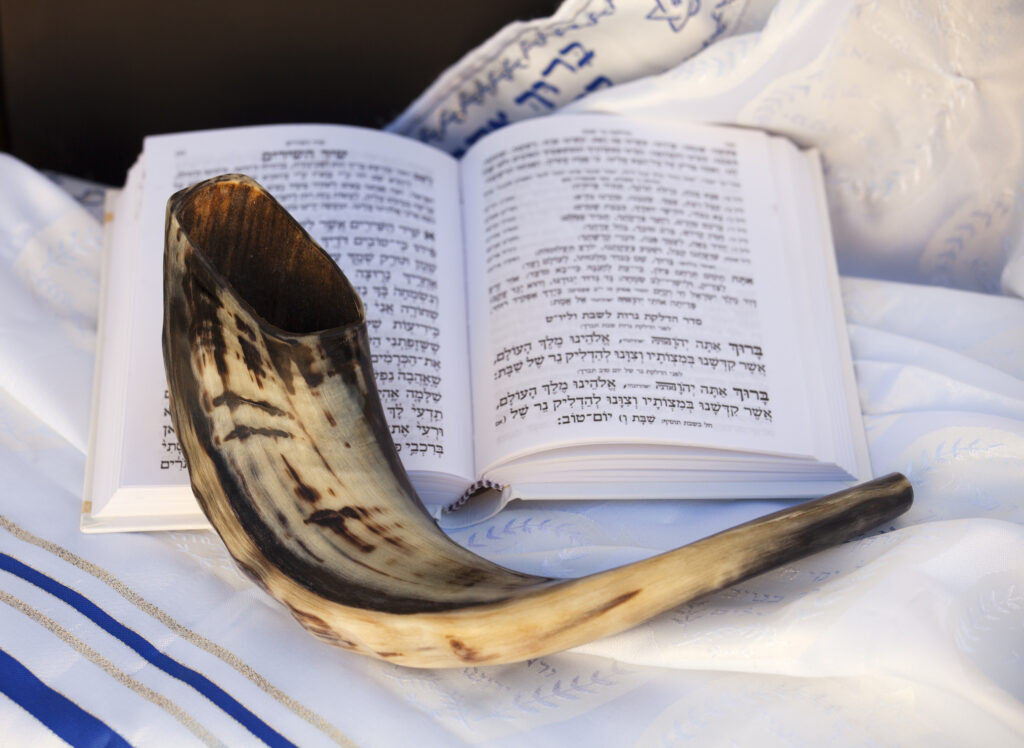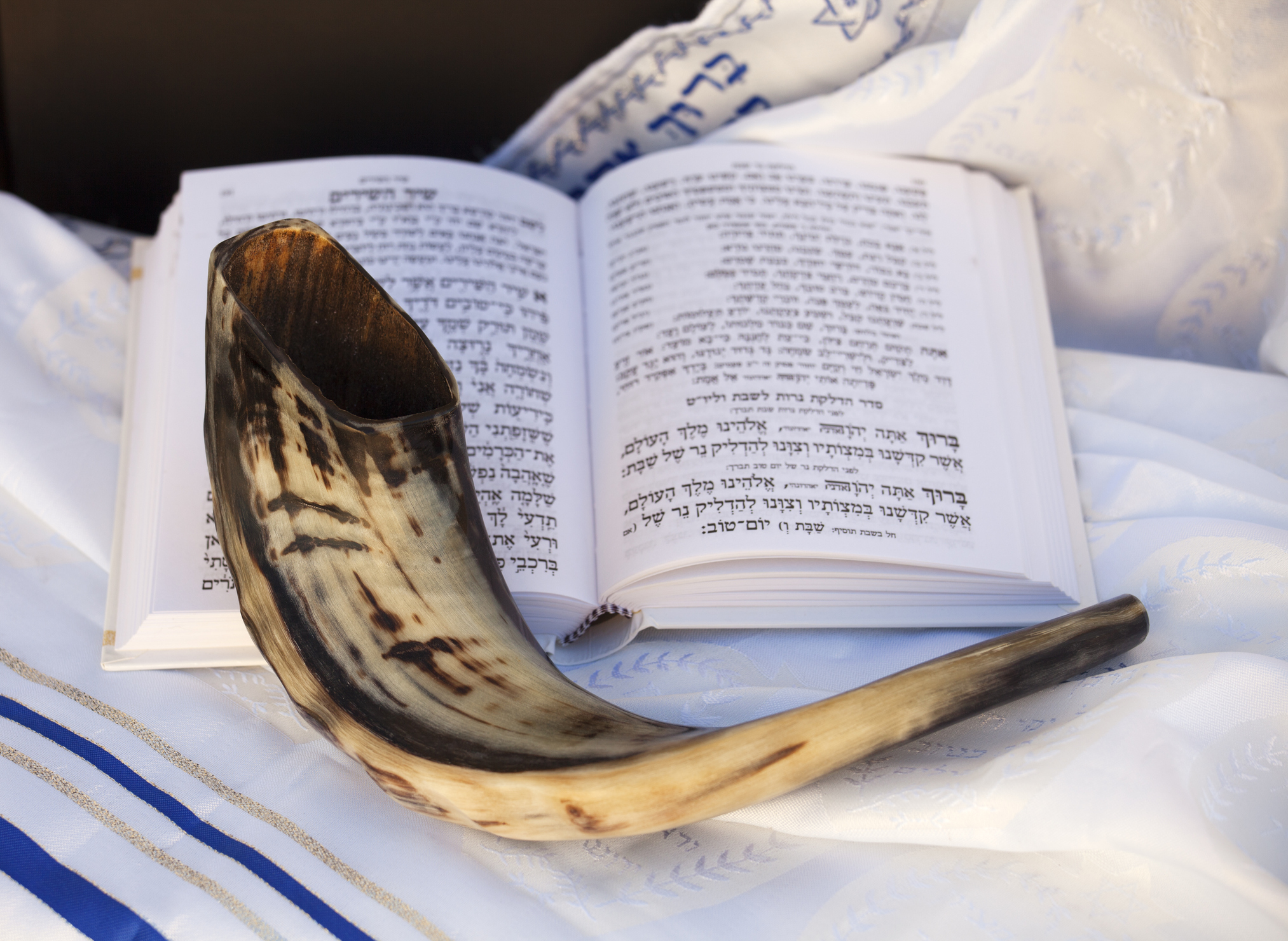
Yom Kippur 2025: A Comprehensive Guide to the Day of Atonement
Yom Kippur, the Day of Atonement, is the holiest day of the year in Judaism. It’s a time for reflection, repentance, and seeking forgiveness for sins committed during the past year. As we look ahead to Yom Kippur 2025, understanding its significance, traditions, and observances is crucial for both those who observe it and those who wish to learn more about this important day. This comprehensive guide will delve into the depths of Yom Kippur 2025, exploring its meaning, customs, and relevance in the modern world. We aim to provide a resource that is not only informative but also deeply respectful and insightful, drawing upon expert knowledge and a commitment to accuracy.
Understanding the Essence of Yom Kippur
Yom Kippur, occurring on the 10th day of the Hebrew month of Tishrei, is a day of complete rest and spiritual introspection. Unlike other Jewish holidays that involve festive meals and joyous celebrations, Yom Kippur is marked by fasting, prayer, and intense self-examination. It is considered the culmination of the High Holy Days, which begin with Rosh Hashanah, the Jewish New Year. The ten days between Rosh Hashanah and Yom Kippur, known as the Days of Awe (Yamim Nora’im), are a period of repentance and reflection.
The origins of Yom Kippur are rooted in the biblical story of the Golden Calf. After the Israelites worshipped a golden idol while Moses was receiving the Ten Commandments on Mount Sinai, Moses pleaded with God for forgiveness. God eventually granted forgiveness, and this act of atonement became the basis for Yom Kippur. The day is therefore a reminder of God’s mercy and the possibility of redemption.
Central to Yom Kippur is the concept of teshuvah, which translates to “return” or “repentance.” Teshuvah involves acknowledging one’s wrongdoings, feeling remorse, resolving not to repeat the offense, and, where possible, making amends to those who were harmed. It’s a process of personal transformation and a commitment to living a more ethical and righteous life. Yom Kippur provides a dedicated time for this process, encouraging individuals to confront their shortcomings and strive for improvement.
The Five Prohibitions of Yom Kippur
To facilitate the necessary introspection, Yom Kippur is observed with five major prohibitions:
- Eating and drinking
- Wearing leather shoes
- Applying lotions or creams
- Engaging in sexual relations
- Washing or bathing
These prohibitions are designed to minimize physical comforts and distractions, allowing individuals to focus entirely on prayer and repentance. Fasting, in particular, is a central practice, demonstrating a commitment to spiritual purification and self-denial.
The Services of Yom Kippur: A Journey of the Soul
Synagogue services on Yom Kippur are extensive and deeply moving, lasting for much of the day. The prayers and readings are focused on themes of repentance, forgiveness, and reconciliation. The service begins on the eve of Yom Kippur with the Kol Nidre prayer, a solemn declaration that annuls vows made unintentionally during the past year. This prayer is recited with great reverence and is considered one of the most powerful moments of the entire year.
Throughout the day, various prayers are recited, including the Amidah (Standing Prayer), which is repeated multiple times. Special readings from the Torah and the Prophets are also included, focusing on the themes of atonement and redemption. One of the most poignant parts of the service is the Yizkor prayer, a memorial service for deceased loved ones. This prayer allows individuals to honor the memory of those who have passed away and to reflect on their own mortality.
The Yom Kippur service culminates with the Neilah prayer, the final prayer of the day. This prayer is recited as the sun begins to set, and it is considered the last opportunity to seek forgiveness before the gates of heaven close. The service concludes with the sounding of the shofar (ram’s horn), a powerful symbol of liberation and the end of the fast.
Key Prayers and Rituals: Kol Nidre and Yizkor
The Kol Nidre service, held at the beginning of Yom Kippur, is a dramatic and emotional start to the holy day. The ancient Aramaic words declare the annulment of vows, freeing individuals from unintentional commitments. This sets the stage for sincere repentance and seeking forgiveness.
The Yizkor memorial service provides a dedicated space for remembering and honoring departed loved ones. It’s a time for personal reflection and connection to family history, adding a layer of solemnity and meaning to the day.
Observing Yom Kippur 2025: Practical Guidance
For those observing Yom Kippur 2025, preparation is key. This includes making arrangements for meals before and after the fast, as well as ensuring that all necessary work is completed beforehand. It is also important to plan for the day itself, including attending synagogue services and engaging in personal reflection.
Breaking the fast is also an important part of Yom Kippur observance. It is recommended to start with a light meal, such as soup and crackers, to avoid overwhelming the digestive system after a day of fasting. It is also important to rehydrate gradually, drinking plenty of water and avoiding sugary drinks.
Preparing for the Fast: Practical Tips
Preparing for the Yom Kippur fast requires careful planning. Here are some helpful tips:
- Hydrate well in the days leading up to the fast.
- Eat a substantial meal before the fast begins, focusing on complex carbohydrates and protein.
- Avoid salty or sugary foods, which can increase thirst.
- Plan your synagogue attendance and personal reflection activities.
- Ensure you have a comfortable and quiet space for prayer and contemplation.
The Relevance of Yom Kippur in the Modern World
In today’s fast-paced and often chaotic world, the message of Yom Kippur remains as relevant as ever. The opportunity to pause, reflect, and seek forgiveness is a valuable one, regardless of one’s religious beliefs. The themes of repentance, reconciliation, and personal transformation are universal and can be applied to all aspects of life.
Yom Kippur also serves as a reminder of the importance of ethical behavior and social responsibility. The day encourages individuals to consider the impact of their actions on others and to strive to make the world a better place. By seeking forgiveness for our wrongdoings, we can begin to heal relationships and build a more just and compassionate society.
According to a 2023 study on religious observances, Yom Kippur remains one of the most widely observed Jewish holidays, even among those who are not traditionally religious. This suggests that the day’s themes of introspection and self-improvement resonate with people from all walks of life.
Yom Kippur and Mental Well-being
The process of self-reflection and repentance inherent in Yom Kippur can contribute to improved mental well-being. By acknowledging our mistakes and striving to correct them, we can reduce feelings of guilt and shame. This can lead to greater self-acceptance and a more positive outlook on life. Moreover, the act of seeking forgiveness from others can strengthen relationships and promote emotional healing.
The Shofar: A Sound of Renewal and Hope
The shofar, a ram’s horn, is blown at the conclusion of Yom Kippur, marking the end of the fast and the culmination of the High Holy Days. Its sound is a powerful symbol of liberation, renewal, and hope. The shofar’s blast is a call to action, reminding individuals to carry the lessons of Yom Kippur into the coming year and to continue striving for personal and spiritual growth.
The sound of the shofar is also associated with the messianic era, a time of universal peace and redemption. It is a reminder that the work of atonement is not just an individual endeavor but also a collective one, aimed at creating a better world for all.
The Significance of the Final Shofar Blast
The single, long blast of the shofar at the end of Yom Kippur holds deep significance. It represents:
- The completion of the atonement process.
- A call to return to God and to live a life of righteousness.
- A reminder of the ultimate redemption that awaits the world.
Reflecting on the Past Year, Preparing for the Future
As we approach Yom Kippur 2025, it’s a time to engage in thoughtful reflection on the past year. What challenges have we faced? What mistakes have we made? How can we learn from our experiences and grow as individuals? This period of introspection is essential for personal growth and for preparing ourselves for the year ahead.
Yom Kippur also provides an opportunity to set new goals and intentions. What kind of person do we want to be? What kind of world do we want to create? By focusing on our values and aspirations, we can chart a course for a more meaningful and fulfilling life. Leading experts in Jewish thought emphasize the importance of using Yom Kippur as a springboard for positive change.
Yom Kippur 2025: A Time for Community and Connection
While Yom Kippur is a deeply personal experience, it is also a time for community and connection. Attending synagogue services, participating in communal prayers, and sharing the experience with family and friends can strengthen our bonds and provide support during this solemn time. The shared experience of fasting and repentance can create a sense of unity and solidarity.
Moreover, Yom Kippur provides an opportunity to reach out to those who are less fortunate and to offer assistance to those in need. Acts of kindness and charity are particularly meaningful during this time, as they demonstrate a commitment to social justice and compassion. Many synagogues and Jewish organizations organize food drives and other charitable activities in conjunction with Yom Kippur.
Concluding Thoughts: Embracing the Spirit of Atonement
Yom Kippur 2025 presents us with a valuable opportunity to engage in deep self-reflection, seek forgiveness, and renew our commitment to living a more ethical and meaningful life. By understanding the significance of this holy day and observing its traditions with sincerity and reverence, we can experience personal transformation and contribute to a more just and compassionate world. May the lessons of Yom Kippur guide us throughout the coming year, inspiring us to act with kindness, compassion, and a deep sense of responsibility towards ourselves and others. Share your thoughts and reflections on Yom Kippur 2025 in the comments below. Let us learn and grow together.

